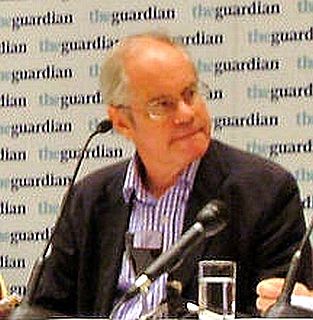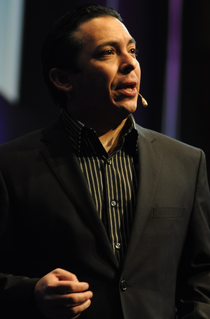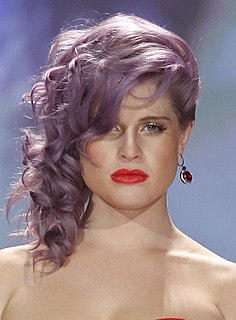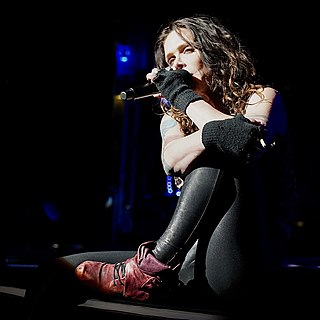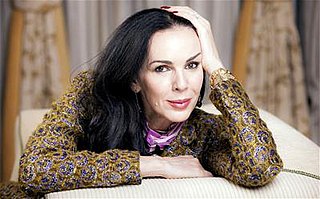A Quote by Mark Kurlansky
I love seeing what people are eating. It's a great way of looking at what is similar and what is different about people. It's sociology and anthropology and history rolled into one.
Related Quotes
Oral history is a research method. It is a way of conducting long, highly detailed interviews with people about their life experiences, often in multiple interview sessions. Oral history allows the person being interviewed to use their own language to talk about events in their life and the method is used by researchers in different fields like history, anthropology and sociology.
If you know anything about Islamic civilization, or about the contemporary Middle East, about the sociology and the anthropology of the people who live there, and their recent history, and their religion, and their motivation and everything, then you realize that changing Iraq into a democracy is not going to happen. It's just not going to happen.
I've got a solid grounding in history, sociology, anthropology, philosophy, etc etc. That means I actually have a good idea about how societies change and evolve. I know how a lot of them have actually functioned through the years. I can put together a culture that's cool and different, while still being logically consistent, so that it feels real. So many fantasy worlds are either implausible, cookie-cutter, or both. Mine aren't.
It's really hard seeing somebody you love be in pain and be ill and there's nothing you can do. What's interesting is people act in so many different ways. You know, some people run away, some people get angry, some people fall apart. It's like everybody has a different way of dealing with stuff like that.
I started my professional life as a philosopher of language and for several years took the orthodox line that meaning is an essentially linguistic phenomenon. Whether as a result of simply listening to everyday talk about meaning, or reading books of anthropology, sociology and art history, it dawned on me that there is nothing at all privileged or central about linguistic meaning.





